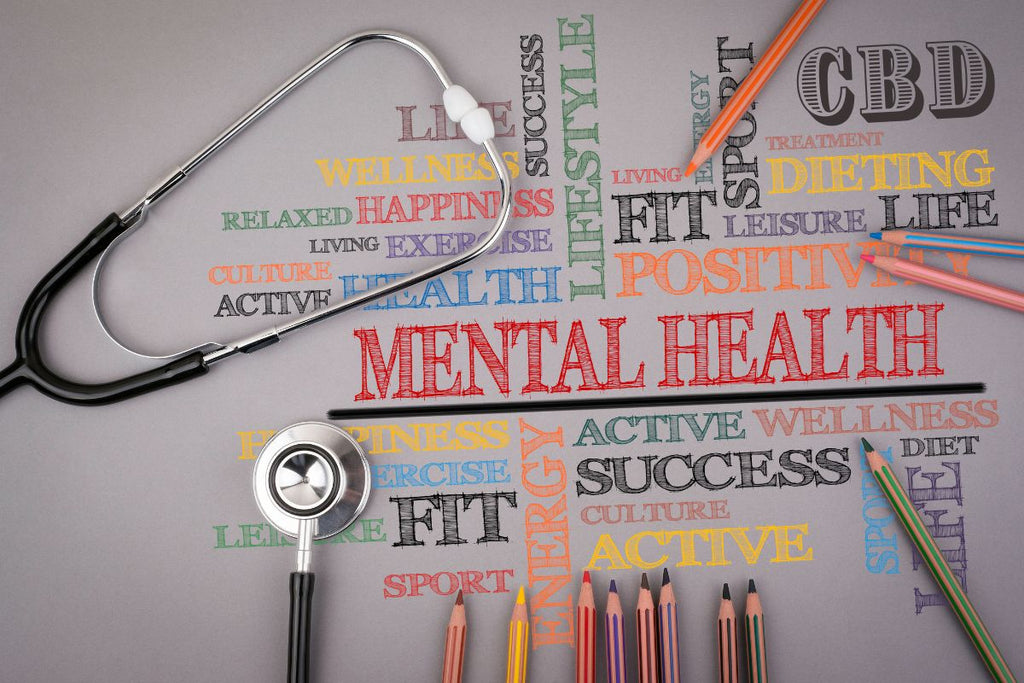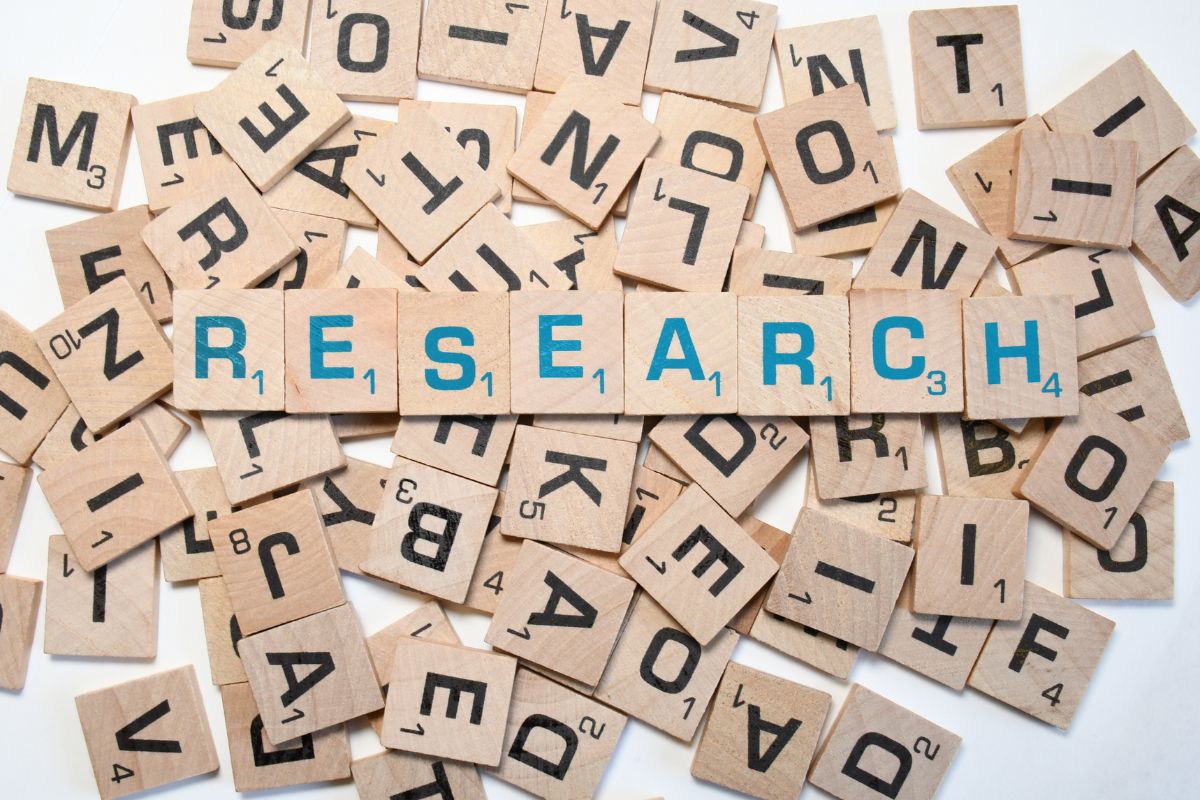
In recent years, cannabidiol (CBD), a naturally occurring molecule, has gained prominence in part because of a growing body of study into its possible health benefits, which may include the treatment of depressive disorders. Some research looking into CBD and depression have shown encouraging findings thus far.
Cannabinoids are a group of more than 100 chemicals. In the cannabis plant, they are found in abundance.
While CBD and tetrahydrocannabinol (THC) are chemically identical, they have quite distinct physiological effects. The euphoric or "high" sensations associated with cannabis use are caused by the psychoactive compound THC.
CBD, on the other hand, does not create euphoria or a heightened state of consciousness in the body.
Learn more about CBD's ability to alleviate the symptoms of depression in this article. Before using CBD to treat any disease, it's important to know whether it's good for you and what else you should keep in mind.

CBD for depression
Depressive and anxiety disorders affect many people's lives in many ways, including their physical health, their ability to interact with others, their capacity to work, and their general sense of well-being and happiness.
Depression may be treated or managed with the use of pharmacological medications prescribed by a doctor. Mood swings, insomnia, and sexual dysfunction are common adverse effects of these medications.
Using CBD as a therapy for depression and anxiety has shown promising results in preliminary trials, and it may have less adverse effects for certain individuals.
According to 2014Trusted Source studies, CBD may be effective in the treatment of depressive symptoms. They show that CBD seems to interact positively with brain serotonin receptors in the majority of investigations.
Emotional well-being and happiness may be affected by serotonin, which has a wide variety of activities in the body. People with depression typically benefit greatly from treatment that focuses on maintaining healthy levels of serotonin.

What the research says
There is some indication that CBD can be used to treat depression in animal studies.
In animal models of depression, CBD seems to operate as an antidepressant and antianxiety chemical, according to the 2014 review authors.
The anti-stress and antidepressant properties of CBD have been shown in many animal studies, according to the authors of a 2018Trusted Source review.
After either short- or long-term usage, the chemical has a noticeable anti-stress impact. Cannabis cannabidiol (CBD) showed antidepressant properties in laboratory studies.
CBD did not seem to activate the brain's endocannabinoid receptors directly, which suggests that it is less likely to become habit-forming or addictive, according to the scientists.
Researchers have even looked at the possibility that CBD might assist persons with opioid use disorder lessen cravings.
A 2018 study found that CBD has the potential to be a fast-acting antidepressant.
Despite the fact that many researchers performing animal studies of CBD urge for more direct study in humans, their early findings are a vital step toward defining how CBD functions in the body.

CBD for panic and anxiety
Anxiety and panic disorders, which are often connected with depression, may also benefit from CBD treatment in humans, according to some research.
Some promising findings were discovered in a 2017 evaluation of CBD's potential benefits for panic disorder.
Panic disorder, according to the scientists, affects 5% of the global population and is characterized by sudden and recurrent panic episodes.
According to one research in the review, a single dosage of 300 milligrams (mg) of CBD reduced anxiety levels after a simulated public speaking exam in human models.
Another study indicated that giving persons with social anxiety disorder 600 mg of CBD reduced their anxiety levels significantly.

Side effects
CBD does not seem to have any negative side effects whether taken orally, inhaled, or applied topically.
If a person is sensitive to CBD's components, they could experience:
- changes in eating habits
- fatigue
- diarrhea
A variety of drugs, including some that include CBD, may cause increased liver damage as a result of its interactions. FDA-approved Epidiolex, a CBD medicine, comes with a warning that users may have liver issues if they use it regularly.
In a study published in Molecules in 2019, researchers tested Epidiolex on mice. It just took a day for mice given greater dosages to develop liver issues, the researchers discovered.
Rodent studies may not be directly applicable to humans, but they do show that a product's natural status does not automatically imply that it is fully safe at large doses.
Those thinking about using CBD should consult with a doctor to see whether their current drugs would interact with CBD. It's possible that CBD interacts with prescription drugs as well as over-the-counter and nutritional supplements.
It is especially important to be cautious while taking prescribed medications that advise against the use of grapefruit.

How can it assist?
If you're considering utilizing CBD for medicinal reasons, you should be aware that research on CBD is limited. Much research has been conducted in the recent decade, but the majority of them have used animals.
As a result, the potential advantages of CBD for depression in people are still speculative.
Nonetheless, CBD seems to have some advantages for melancholy, particularly when coping with:
- anxiety
- Impaired cognition
- apprehension before to public speaking
- THC and CBD may also be beneficial for illnesses associated with depression, such as chronic pain.
What does the research indicate?
CBD's potential advantages for depression, according to experts, are linked to its favorable impact on serotonin receptors in the brain.
Depression is most likely linked to low serotonin levels. CBD does not inherently increase serotonin levels, but it may influence how your brain's chemical receptors react to serotonin that is already there.
A 2014 animal research discovered that CBD's action on these brain receptors caused antidepressant and anti-anxiety benefits.
Existing research revealed that CBD has anti-stress properties, which may lessen stress-related depression.
As previously said, this is a subject that is currently being actively researched, with new studies and reviews released each year. As researchers get a greater understanding of CBD and its possible advantages or drawbacks, advice on how to utilize the substance most efficiently will evolve.

How does it stack up against antidepressant medications?
CBD seems to offer certain advantages over antidepressant medicines when it comes to treating depression.
Most antidepressant drugs take several weeks to take effect. However, according to a 2019 animal study TrustedSource, CBD exhibits a quick and prolonged antidepressant-like effect.
CBD may also have less negative side effects than antidepressant drugs. Antidepressants often cause insomnia, sexual dysfunction, mood changes, and agitation. CBD has not shown comparable difficulties.
How to use it
CBD tinctures, pills, and oils are some of the most popular oral dosage forms.
Regular usage of CBD may maximize its benefits.
Long-term use of CBD seems to be safe for most individuals, since there appears to be little danger of developing an addiction.
CBD products sold without a prescription are not yet authorized by the Food and Drug Administration (FDA).
Buying from trusted suppliers is essential. Third-party test findings that reveal the concentration of CBD in any specific product are also a good idea.
CBD products made from marijuana are prohibited at the federal level but are lawful in several states. CBD products produced from hemp that contain less than 0.3 percent THC are allowed under federal law, but they remain prohibited under state law in several states..
Before leaving on a trip, make sure you are familiar with the regulations of the destination and the state you're in.
Keeping in mind that the FDA does not allow non-prescription CBD products is vital to remember. It's possible that the information on the labels is incorrect.

Summary
As an alternative medication, CBD is proving to be rather effective.
In the meanwhile, further human studies are needed to evaluate whether or not CBD is safe or useful as an antidepressant.
Those who are interested in utilizing CBD to treat depression or anxiety should consult with their physician first to learn more about the proper dosage and potential drug interactions.
Is it legal to use CBD? Some states still prohibit the use of hemp-derived CBD products containing less than 0.3 percent THC. In contrast, CBD products produced from marijuana are banned under federal law, but are permitted in several states. When traveling, be aware of local laws and regulations. Additionally, bear in mind that the FDA has not cleared non-prescription CBD products, which may be incorrectly labeled.